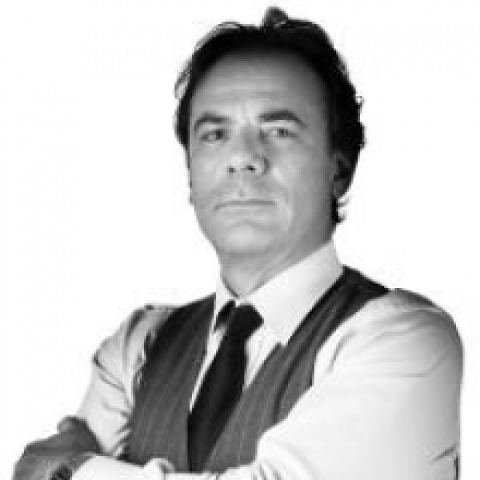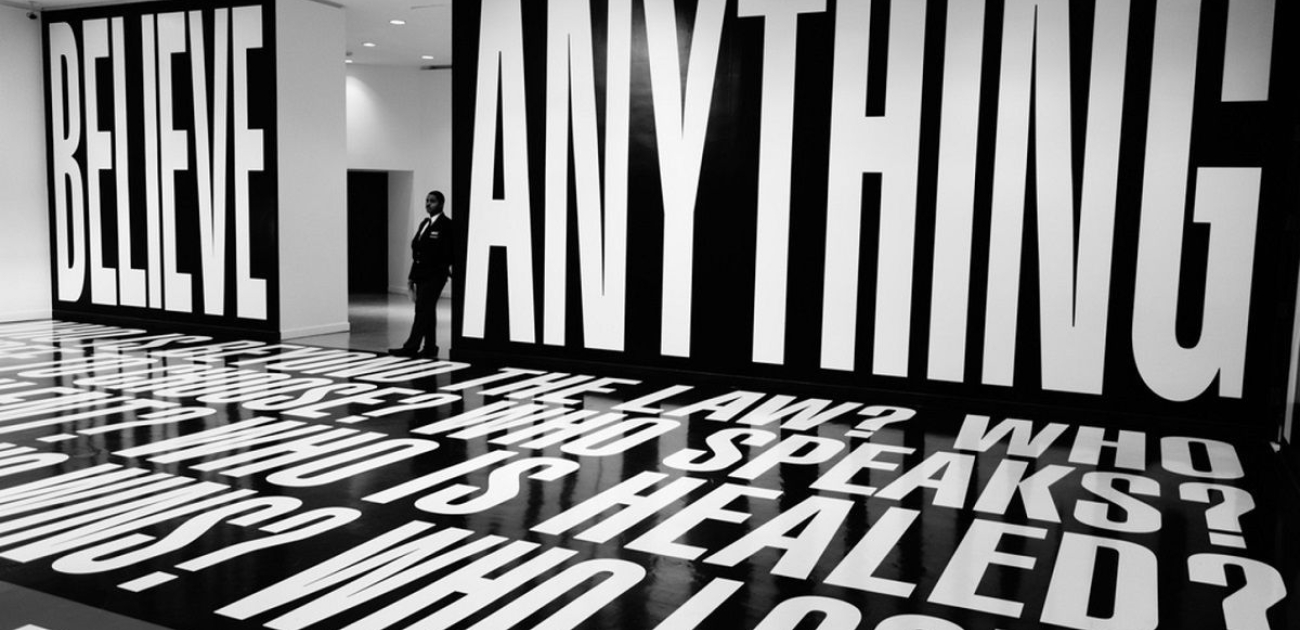The New Humanism in Post Modernity and the Role of Independent Directors
"The return to the ancients, understood as a return to the beginning, is what gives strength and life to everything"
It is on this neoplatonic concept that rests the whole lintel of Renaissance thought. The return of man to what he was: the rediscovery of the Greek - Latin civilization, where there was a complete fulfillment of man, that humanism - the first phase of the renaissance - wanted to revive. Being dwarfs on the shoulders of the giants, maximum of Bernardo of Chartres, helps to understand the dialectic of the new that rises on the shoulders of the old master and sees, looking up, further and further, thus knowing the secret of the truth daughter of the time.
Occident is the result of a great adventure of the spirit in the conquest of the world and of human freedom. But today, the West, as a historically defined reality, no longer exists; instead, there is a form of planetary thought in which we are all involved. However, there remain in the civilizations, peculiarities and incongruities that some expect to materialize, even in a clash, but - and we hope so - they will be resolved in an evolutionary development of generalized homologation.
Occidental knowledge, since the time of the Enlightenment, has tried to identify itself with the only categories of reason, eclipsing all that was not coherent and functional. But only in the last century has it been identified, thus entering post-modernity. The self-referential society instituted by modernity has lost its legitimacy, and now post-modern society is forced to reinvent its values, aspiring to a social transcendence. What emerges is a globalized social context, in which values are dissolved in successive and fluid fashions, hence the definition of a liquid society. But a society, commonly understood, can not stand without a minimum of social transcendence no longer assured, neither by divinity nor by values, or by the sense of history. The United States has the possibility of founding its public life on a civil religion, on a sweetened and optimistic Christianity. Europe, which does not have this possibility, finds itself having to resolve the crisis of values, the fall of hope and trust. Its culture was initially based on the political ideologies of the twentieth century, then the economy with its models, its interpreters, its prophets - even today deans of the secret of the philosopher's stone - and its illusions, never finding stable solutions .
The return to ancient virtues versus globalization and the crisis
The economic and financial crisis of 2009 in the West involved the planet. It is globalization; in this case, the globalization of the economy. Every change is due to a cultural crisis, globalization has highlighted the lights and shadows, and the awareness of the continuous erosion of the identity principle is conditioning the behavior of today's individual.
Now the need to recover the ancient is forceful. The attention to ethics and development, evoked by the President of the Italian Republic, on the occasion of the World Day of Saving last October 29, is nothing but a confirmation of a need to return to the ancient virtues of man, to ethics and a new humanism.
And this is where a reflection is opened, the objective of this article, perceiving how today ethics has lost its boundaries and points of reference, in the individualist and relativist cultural hedonism, of the pursuit of well-being. As Renaissance man sought his dimension in the classics, today philological research can help us. The late sixteenth-century treaty of the Jesuit Father Pedro de Ribaydaneira, The Christian Prince, written in opposition to the Prince of Machiavelli, has been rediscovered. Because the Renaissance prince is none other than the manager, the statesman, the entrepreneur of today. Where governments were governed, companies are governed today. Reading abducts - as in déjà vu - and we can not fail to point out some steps that make our mind open to ancient teachings. Justice and meritocracy, declined, respectively, in fair taxation and in the protection and protection of the work of the subjects (employees), just to mention the first ethical virtues, to which are added those of loyalty, mercy, liberality, magnificence, moderation, fortress, temperance and prudence. On this last I would mention the chapter 24 °: "true prudence is also to know how to benefit from the advice of others".
The role of independent directors
The role of councilors emerges to which three chapters are dedicated, from the 25th to the 27th. "A counselor must be endowed with great experience, charity and freedom of speech". The first dowry of a counselor is experience and competence. "No one can give a fair opinion if he is not competent, and of which he is aware. The need for a great experience to provide advice is therefore demonstrated. and for every need and field different advisors and experts ". This "involves counselors, keeping themselves informed and deepening the problems they do not know, because nobody is so wise to have nothing to learn from another". But "who provides good advice in peace time is not necessarily able to give just assessments in time of war. It is therefore advisable for the princes to avail themselves of various counselors, each one specializing in a particular kind of problem. "The second necessary gift is benevolence or charity, meaning for it" the desire to help as much as possible and to do good with the just help, without thinking of one's personal interest ":" no one will be able to better advise anyone who has a willing mind for the benefit of society, removing any harmful thing, deciding without considering the personal profit, honors and prestige deriving from it, or fear. The advisor is an example of virtue. "Finally, observes the author," as having these qualities, experience and benevolence, it is useless if then - and here is the third gift - you do not have the courage and the freedom to expose one's ideas. Man is always pervaded by the fear of losing the good achieved for himself, and on this fear, sometimes not to offend, sometimes to please, "happens that the adviser is silent or expressed in cold and sibylline words, or , and it's the worst thing, he says the opposite of what he thinks. The advisors then become weak and complacent, to earn more or not to lose what has been earned. The same prince many times can not bear to be contradicted, pushing the advisors to say only what the prince pleases ". Already then it was highlighted how the independence of the advisor was an essential element, independence is the freedom to speak.
"If the counselors are truly gifted with prudence, experience, benevolence and freedom to speak, it is practically superfluous to dwell in the description of their behavior". In this sentence there is the essence of the independent advisor and the profound ethics that must always guide him. "Prudence will make it aware of the importance, difficulty and secrecy of the dealings. The advice will be weighted and will not take into account personal profit, and the vote will be expressed without being conditioned by friendships or enmities, but in accordance with conscience, ... since the true honor consists in embracing the truth by putting the good of the society (...) because he will direct (...) all his words to the public well, a specific end to which every advice must aim ".
A stimulus for reflection
I close this article, hoping to have stimulated the reflection of the reader and colleagues, opening a cultural debate, on the question arose at the dawn of modernity whose answer is still sought: how to replace God without making idols, such as success and power? after this reading the answer can only be the confirmation of the necessity of a Renaissance and humanistic ethics.
Do you want more information?
 Gianluigi Longhi
Gianluigi LonghiExpertise of promotion and innovation for the international expansion of companies

